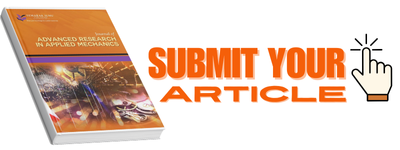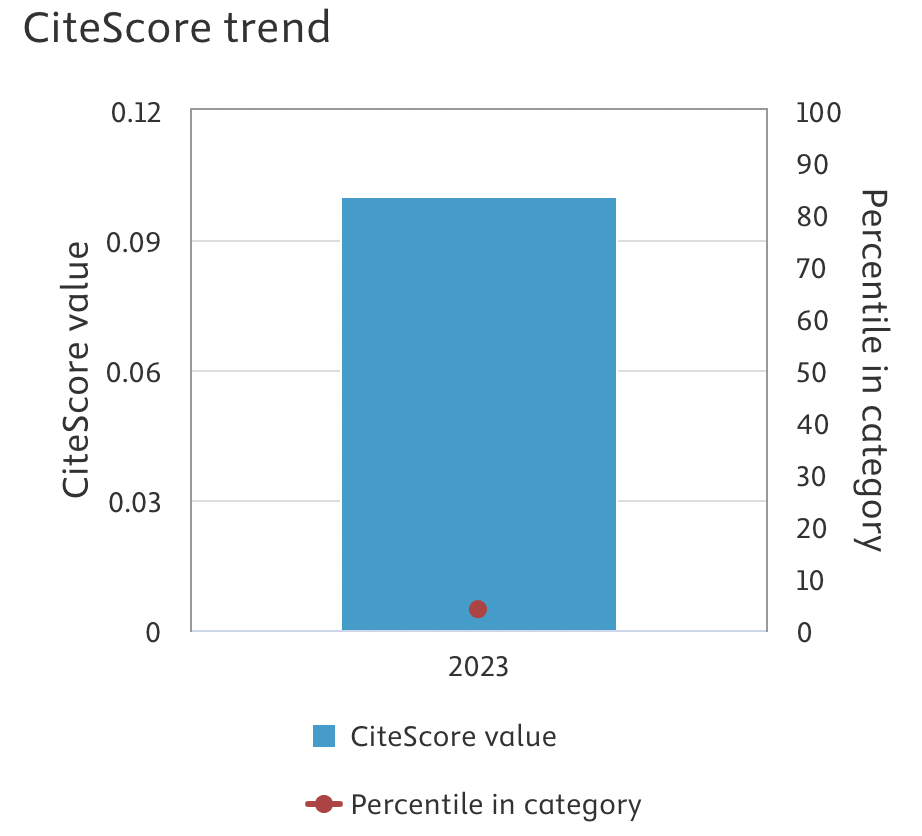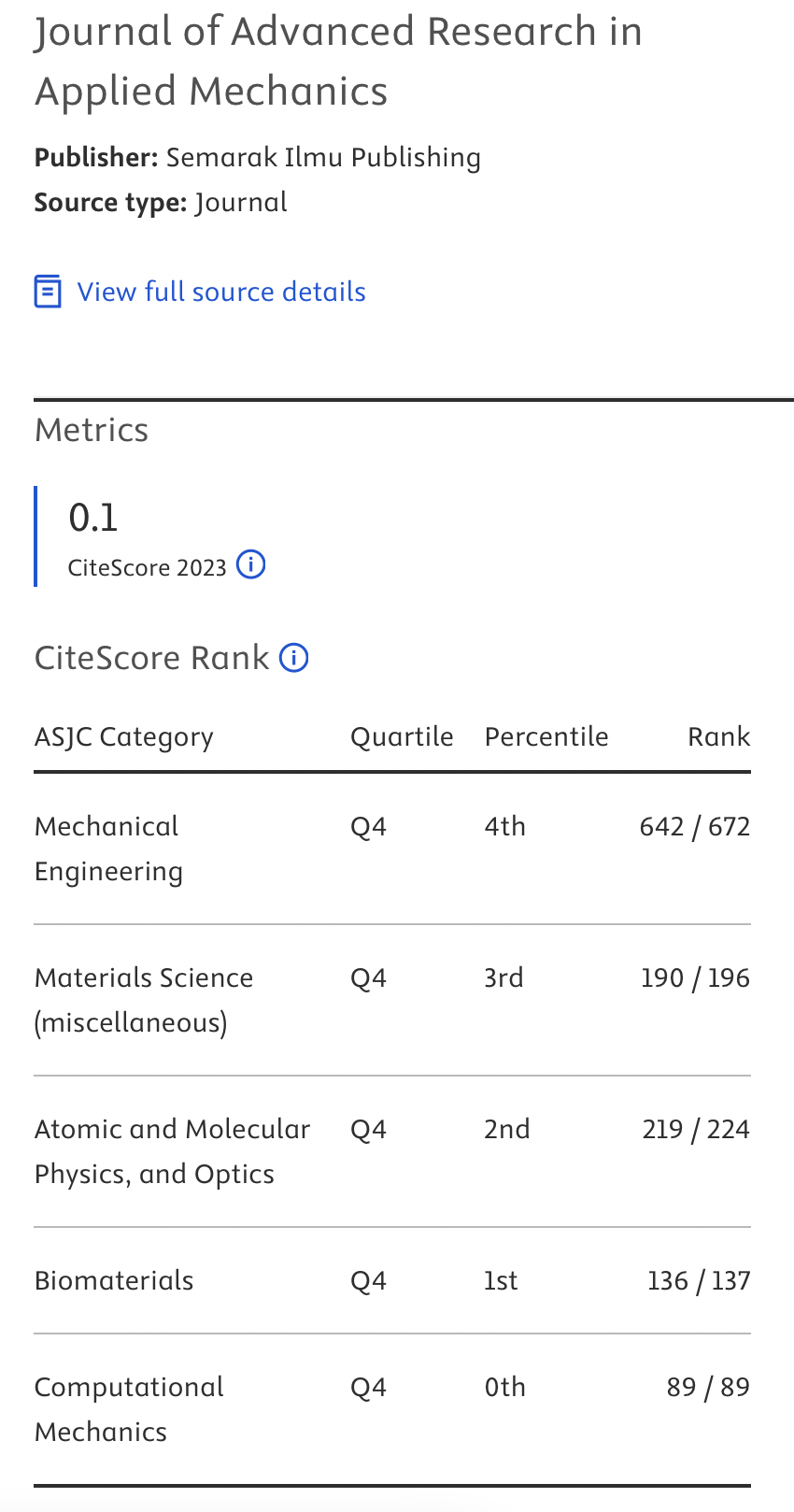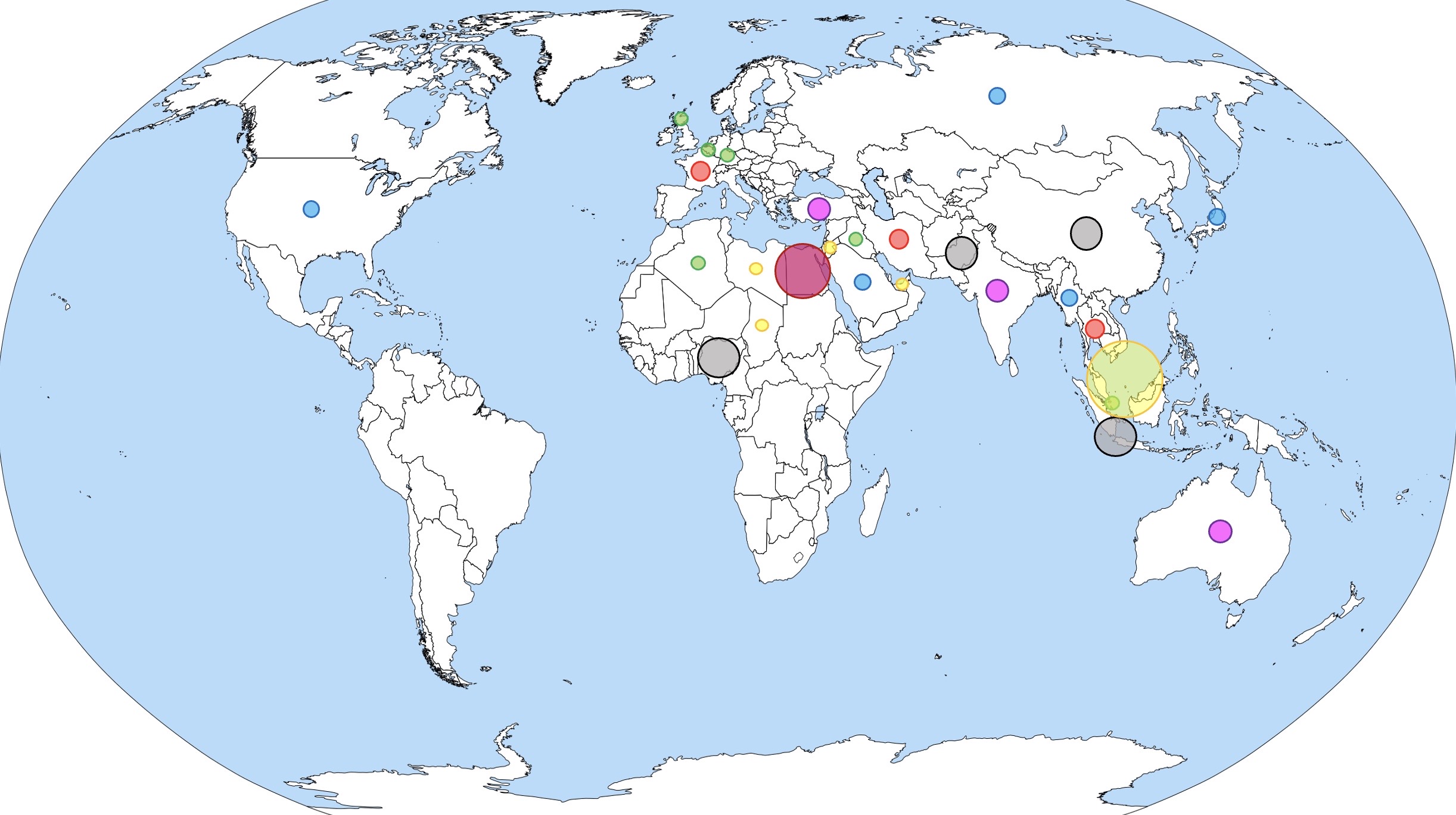Eco-Friendly and Sustainable Inhibitors for Steel Corrosion in Acidic Media
DOI:
https://doi.org/10.37934/aram.123.1.101119Keywords:
Corrosion, steel, Acid Pickling, petroleum, oil and gas industries, quantum chemical calculationsAbstract
The inhibitory action of eco-friendly food waste extracts, Red Beta Vulgaris leaves (R.B.V.L) and Prunus cerasus seeds (P.C.S), on the B7 grade steel corrosion in 1.0 M HCl were investigated utilizing chemical and electrochemical measurements. The functional groups of both extracts have been predicted utilizing Fourier transform infrared spectroscopy (FTIR). The potentiodynamic polarization technique reveals that the two extracts act as a mixed-type inhibitor. The electrochemical impedance spectroscopy technique shows that the corrosion process is controlled via charge transfer. Both extracts exhibit a maximum inhibitory efficiency of 75%. Langmuir and Flory–Huggins isotherms, as well as the Kinetic-thermodynamic model, were used to study the inhibition mode of both extracts. The values of the change in free energy of adsorption, ΔGads, demonstrate that the adsorption occurs via the physisorption (electrostatic) mechanism. The activation parameters were determined and discussed. The quantum chemical calculations have proceeded to show the main active ingredients.
Downloads


























